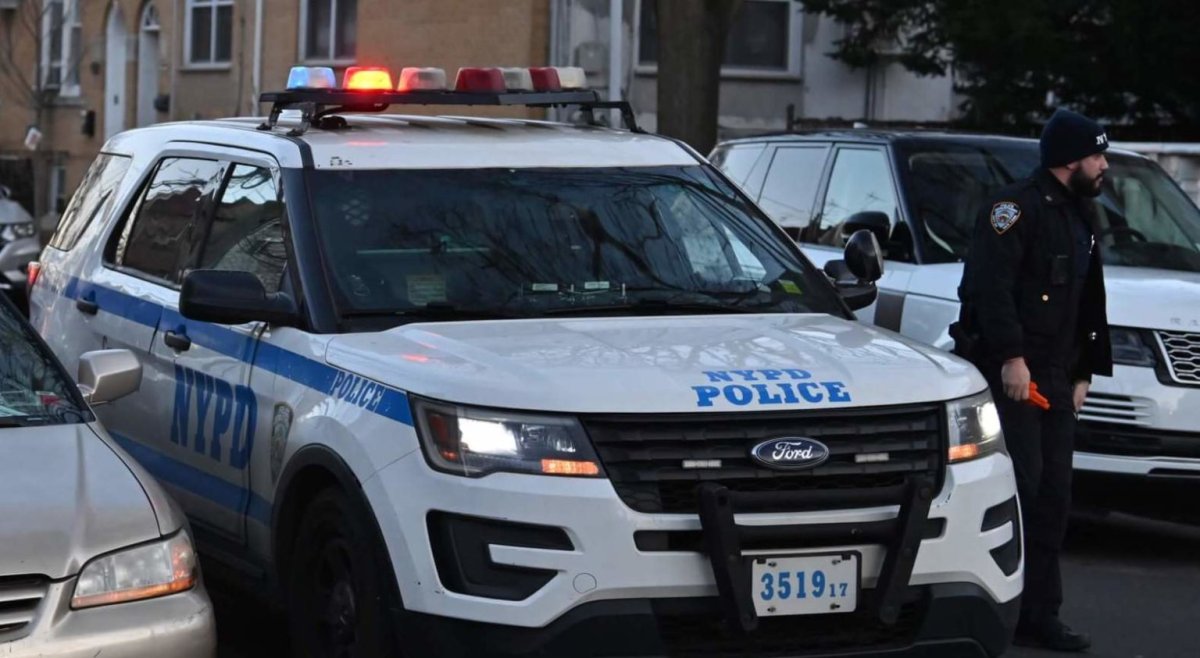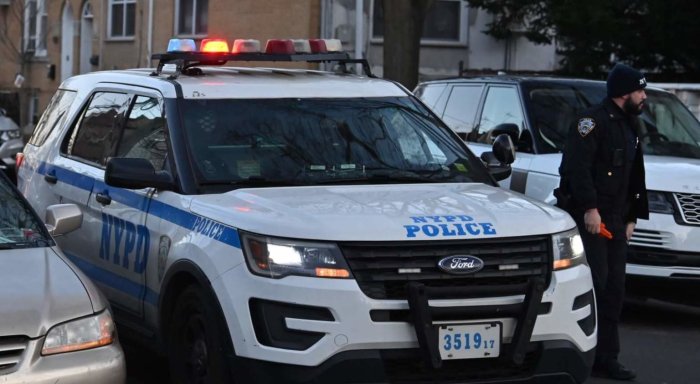By Ed Koch
“Flags of Our Fathers” (+)
This film, directed by Clint Eastwood, tells the story of the U.S. Marines who captured the island of Iwo Jima from the Japanese during World War II. It was the first Japanese territory to be attacked by the U.S. in the Pacific and one of the costliest in terms of U.S. and enemy deaths. The battle lasted 40 days, although the flag was raised on day five.
Everyone living at the time (1945) remembers the photo of six Marines planting a U.S. flag on Mt. Suribachi, the highest point on that island. Later, that powerful picture became a symbol of the U.S. victory and the unconditional surrender by the Japanese empire. A memorial erected outside Washington, D.C., near Arlington National Cemetery based on that photo symbolizes the contribution made by the Marines in the Pacific during World War II.
The film explains that the famous photo we saw was not the first hoisting of the flag but rather the second. The first picture was taken by Staff Sergeant Louis Lowery. One of the men who planted the flag was misidentified but that error was eventually corrected to the anguish of the mother who first lost her son and then found he was not one of those who hoisted the flag. The second photo was taken by Joe Rosenthal of The Associated Press. Both flags are now in the custody of the U.S. Marine Corps.
Of the six heroes who planted the second flag, three survived and were sent to the U.S. to sell war bonds to help pay for the war. The three men were John Bradley, also known as Doc, (Ryan Phillippe), Rene Gagnon (Jesse Bradford) and Ira Hayes (Adam Beach). The story of Ira Hayes, an American Indian, is painful to watch as he descends into alcoholism after the war. The three actors do a superb job of reenacting the lives and torment of the Marines fighting an enemy who believed it was cowardly to surrender and fought to their deaths, some committing suicide by hand grenade.
“Flags of Our Fathers” is truly a fine movie. It is the best I have seen on World War II other than the television miniseries “Band of Brothers.” The huge number and variety of American warships assembled to shell the island and the storming of the beaches are realistically portrayed, as are the scenes of destruction and bloody deaths on both sides.
Movies on World War II, the Civil War and the Vietnam War will always enthrall American audiences, and someday that will hold true for the war in Iraq. This movie should be seen by anyone who is interested in this historic World War II episode, and by everyone who is proud to be an American.
The history of the raising of the flag on Iwo Jima can be found at wikipedia.org, among other web sites.
“Running With Scissors” (-)
The dysfunctional families depicted in this film are among the worst I have seen on screen. A.O. Scott of The New York Times may have put his finger on the central truth about this movie when he called it, “an impressive scrapbook of well-observed, offbeat performances, which is almost enough to make ‘Running With Scissors’ worthwhile.” The key words are “almost enough,” but it’s not even close in my book.
The film, based on a memoir written by Augusten Burroughs, has an excellent cast. Deirdre (Annette Bening) leaves her husband Norman (Alec Baldwin) and sends their teenage son Augusten (Joseph Cross) to live with her near-lunatic psychiatrist, Dr. Finch (Brian Cox). Augusten shares the home with the doctor, his wife Agnes (Jill Clayburgh), and their two daughters Hope (Gwyneth Paltrow) and Natalie (Evan Rachel Wood). Additional family members come and go, as do other patients of the doctor. The entire family is nuts and one of the doctor’s patients, Neil Bookman (Joseph Fiennes) is dangerous. Neil and Augusten become lovers.
If the individuals were not based on real people, almost every characterization would be perceived as a “schtick.” This movie was not my cup of tea. I never felt emotionally involved with the characters or their problems. It was also disturbing to listen to the inappropriate laughter of two people sitting nearby.






























